Living in a camper in the winter isn’t for the faint-hearted.
Winter camping trips or full-time cold weather RVing doesn’t need to be uncomfortable or something only Ralph Fiennes would consider.
We’ve just come out of a Patagonian winter, and as we defrosted, we reflected on the whole experience.
Cold weather RVing is not only possible; it’s rewarding and, with the right kit and preparation, completely comfortable too.
In this post, we’ll walk you through our top tips for living in a camper in the winter, from insulation tips to keeping warm and dry.
Tips for Living in a Camper in the Winter
Living in a camper in the winter months isn't just possible, but it's exciting, adventurous, and you can even live to tell the tale!
Here are our top tips for winter RV living.
Buy a Small Camper or RV
If you’re buying a campervan and intend to live in it full-time or camp out often during the colder months, consider sacrificing some space.
A smaller camper is easier to keep warm than a large RV.
All the wide-open space, high roof, and big windows of a large campervan or motorhome is precisely the opposite of what you need for comfort in minimal heating conditions.
The air you warm ends up on the ceiling, not down on the floor with you.
There's more air to heat, and the RV windows allow much more heat loss than well-insulated van walls.
Conversely, a small space heats up much more quickly.
If you can’t sacrifice space, consider dividing the van into smaller areas to reduce the amount of space you need to heat.
A well-placed heavy curtain across the bedroom is a great way to reduce the area to heat.
If you're in the market for a pre-loved RV, we’ve detailed everything you should ask and inspect when buying a campervan.
Insulation! Insulation! Insulation!
Insulation is the number one tip for improving your comfort levels of living in a camper in the winter.
If you're doing a DIY campervan conversion, considering the walls' insulation, floor, and ceiling early in the build stage is vital.
Look for the best thermal performance on winter living insulation materials to reduce as much heat loss as possible.
Even if your campervan conversion is already complete, there’s plenty you can do to improve the insulation for winter living.
Attach RV skirting to insulate the underbelly and foam pipe insulation for extra protection for water pipes.
Add thick rugs to the floor as they help trap heat inside and make it much more cosy than stepping onto a cold wooden floor in the mornings.
Windows are a significant source of heat loss too. Use thermal curtains and extra foam boards or Reflectix covers at night.
When the sun is up, keep the window coverings off. It's incredible how much the glass helps warm the inside of the van, even with just the winter sun.
And following on from tip #1, try to reduce the amount of space you need to heat.
We keep our thermal curtains closed between the driving cab and living area throughout the winter months, which is a massive help.
Don't forget the backs of your cupboards, too, where they meet the van's exterior walls.
Reflectix is a reasonably thin material, so it doesn't take up much space and adds another insulation layer.
Stop Condensation in your RV
Condensation will lead to poor health and rot your home on wheels if left unchecked.
Literally.
And it’s horrible to wake up to water running down the inside of your campervan windows, walls, and every other cold surface inside.
While it may seem counterintuitive in the cold weather, excellent ventilation not only prevents condensation but also helps keep your camper more comfortable too.
The best RV ventilation is to install one or two electric roof vents. They have a low draw on the batteries and ensure constant airflow.
This replaces stale, humid air with clean, dry air, keeping the van fresh inside.
Minimising water vapour inside the van is another crucial aspect of stopping condensation.
Cooking, showering, and even some forms of heating can all add to the problem.
Follow a few good practices to help reduce how much water vapour is produced inside during the winter so you can manage the condensation with adequate ventilation and heating.
Use a pressure cooker indoors
Cooking inside a campervan will inevitably create water vapour.
While this may feel like it’s warming the van up, don’t be fooled.
It's a short-term gain, and the resulting condensation will be the long-term price you pay if left unmanaged.
Ventilation is key to getting rid of the water vapour. So if you boil the kettle for your morning coffee inside, make sure to open your doors or windows.
If steam is condensing anywhere, you don’t have enough ventilation.
But cooking inside with the doors open isn't always pleasant, especially when living in your camper in winter.
This is where the pressure cooker comes into its own.
Cooking in a pressure cooker is a fantastic way to create quick one-pot meals and cut down on fuel. If used correctly, they produce a fraction of the water vapour of other cooking methods.
If using a stovetop pressure cooker instead of an electric one, make sure to turn the heat down when the pot comes up to full pressure.
Also, allow the pressure to release naturally, or you’ll let all the steam escape anyway.
Make sure your campervan kitchen essentials include a pressure cooker - right at the top of the list!
If you have a vented oven in your van, this is another excellent source of heat!
Keep the Camper Warm - All the Time
This is especially true for well-insulated RVs and campervans.
Heating the living space inside your camper takes a fair amount of energy and fuel, depending on what heating system you use.
But once at a set temperature, and IF you don’t suffer from a lot of heat loss through poor insulation, keeping it warm is relatively cost-effective.
Without excellent insulation, it's more cost-effective to heat the camper as and when you need it because it's quickly lost through the walls, floor, and roof.
There are many fuel types of heating for campervans, including propane, diesel, electric, and wood.
When choosing what type of heating you want to install, consider fuel availability, especially if travelling abroad or in remote areas.
Relying on an electric heating system and hoping to live off-grid in your camper in the winter may not be the best choice.
Install a DIY Campervan Solar System
Solar energy isn’t just for summer!
Even in the middle of winter and on an overcast day, the sun can provide energy for your campervan batteries.
We lived in Patagonia for an entire austral winter. We have 320w of solar panels, wired in series and connected with an MPPT solar charge controller.
We weren't hooked up and, because of travel restrictions, didn't do any driving either. We had to take care not to park under the shade, but we managed just fine with careful management.
Campervan solar systems are an excellent solution for charging small electrical devices or complete off-grid setups for boondocking and wild camping in the depths of winter.
The key is in sizing the camper solar set up correctly at the time of installation.
Suppose you only plan to camp on campsites where you have a reliable electrical supply. In that case, solar panels may not be necessary.
We’ve written a complete series with DIY campervan solar system guides to help you through the learning process for understanding the entire camper solar setup.
We’ve covered every component, what each is for, and how the system hangs together.
It even includes wiring diagrams and a step-by-step installation guide, too, so you can install it yourself and troubleshoot problems on the road.
Keep your Campervan Batteries Warm
RV batteries can freeze, so keeping them warm is critical for living in a camper in the winter.
But how do you prevent your campervan batteries from freezing?
There are three factors to consider: the batteries, how long low temperatures last, and how well the battery is insulated.
A fully charged battery will freeze at a much lower temperature than a discharged battery.
Keep the battery topped up to help it survive the cold and retain its energy.
Suppose the low temperatures are just a transient cold snap and expected to pass quickly. In that case, this is probably not too damaging.
It’s more important to keep the batteries warm when the low temperatures last for more than a few days.
If you plan on spending a lot of time in sub-zero temperatures, check out the battery’s specification before your buy. It will state the freezing temperatures at varying charge states.
The best advice is to position your batteries inside the camper to manage the temperature and battery insulation actively.
Different types of batteries perform differently in cold temperatures. For example, lithium-ion batteries will freeze at much lower temperatures than AGM batteries but can’t be charged when too cold.
Protect the Water Supply from Freezing
Sub-zero winter temperatures can lead to freezing water tanks and pipes.
Not only will this stop you from having your morning coffee, but it could lead to burst pipes. It's not the best way to start any day.
We read somewhere we should pour whisky into our tanks, but we have a better use for our Johnnie Walker.
So how do we protect our water tanks and pipes from freezing?
If your campervan water system is indoors, you probably don’t have to worry too much about your fresh water tank if you keep the inside temperature above 0°C.
An electric space heater is ideal for keeping an unprotected water line from freezing.
But our fresh water tanks are underslung outside.
Skirting can provide some level of protection. And we park so our water tanks get as much sunlight as possible.
We also recommend keeping the water tank about three-quarters full. This way, it’ll take much longer to freeze, and if they do freeze, there’s room for expansion.
You do not want frozen pipes in your pump or water heater as they will do irreparable damage.
If you’re in any doubt, winterize the water system by completely emptying it and using LP air to dry out the pipes.
Use bottles of water instead and consider alternative shower options.
Never leave your water hose connected to the supply pipe because it’s likely to freeze solid, making detaching it next to impossible.
Alternatively, you could use a heated water hose.
For waste water, it’s best to leave the drain valve open and let the greywater run into a bucket.
A composting toilet performs better in cold temperatures, so a good option if you plan to live in your camper in the winter.
If you have a campervan toilet with black tanks, make sure not to let these fill too much and pour antifreeze into them.
You really don’t want those tanks or pipes bursting!
Take your Laundry to the Laundromat
Van life laundry can be a challenge in the summer, let alone in the cold, wet winter months.
Even with campsite facilities, drying laundry is the greatest challenge.
To avoid condensation problems, don’t attempt to dry your laundry inside the RV or camper.
If you’re in luck, you may have access to a covered area where you can hang your laundry. The air and wind will help dry the linen while protected from the rain.
But otherwise, use a laundromat.
Our van life laundry article has lots of tips for reducing how much laundry you have too.
These will come in especially useful in the cold winter months when getting the laundry done and dry is a nightmare.
Travel Somewhere Warmer
I know it sounds like a cop out and if skiing is your thing, heading south in the winter months isn’t for you.
But if your camper just isn’t built to keep you comfortable throughout the winter months, then living in it will be grim. Instead, head south.
We can highly recommend Patagonia for the austral summer. November through to March are ideal months.
Who wouldn’t want to tick off driving the Carretera Austral or taking a tour in El Chalten off their bucket list?
You don’t have to go all the way to the southern hemisphere either.
From Europe, Morocco is fantastic in mid-winter and a perfect destination for a road trip.
What To Pack For Winter RV Trips
Even if you don’t live in your camper year-round, winter can be a magical time to take a road trip in your RV.
Winter RV living and driving in winter conditions need precautions.
On top of your packing essentials and accessories, make sure you’ve packed a few extras.
Keep these in your camper for the whole of your winter road trip.
Shovel: A good quality shovel is ideal for clearing away snow in the winter season. While folding military-style shovels save on space, the cheap ones often aren’t up to the job of heavy digging. Because a shovel is helpful for campervan vehicle recovery in many conditions, consider buying one with a strong handle.
Snow Chains: Snow chains are mandatory on some roads and mountain passes in adverse winter weather. Because they provide better traction on icy surfaces, they help prevent skidding and getting stuck in deeper snow.
Ice Scraper: Have you ever forgotten your ice scraper and needed to clear the ice from your windscreen with a credit card? It doesn’t help the card, and your fingers don’t appreciate it either. Get one with a brush on the back to help clear snow off your hood and lights without damaging the camper.
Road Flares: We don’t advise driving at night, especially in the winter. But even so, a blizzard or thick freezing fog could significantly affect visibility. If you break down on the roadside, you don’t want anything crashing into you. Make yourself as visible as possible by using road flares. You’ll be hard to miss. High-vis jackets and flashlights or head torches will help too.
Extra Propane Tanks: If your camper’s heating system, cooking, or hot water depends on propane, stocking up with a few extra tanks will avoid shortages.
Small Space Heater: For an additional heat source when you need it, a small electric heater is just the job. Alternatively, a portable propane heater will eliminate cold air in no time.
12v Electric Blanket: For extra coziness in the depths of winter, electric blankets are a great choice. No matter if you’re car camping, RV living, or even camping in a tent, 12v blankets aren’t energy-intensive, so they won’t drain your batteries either.
Frequently Asked Questions About Winter RV Living
Will RV holding tanks freeze?
If you’re RV holding tanks freeze, not only will it result in a costly repair, but the mess and further damage caused when they thaw can be extensive. Whether or not the holding tanks will freeze depends on where they’re fitted. Warm air from the camper can prevent them from freezing. A full tank is more likely to freeze and cause damage than a half-empty one. Find an effective way to protect the tanks before the cold months arrive.
At what temperature will pipes freeze in a camper?
RV pipes can begin to freeze once the temperature hits 0°C or 32°F. That doesn’t mean they will freeze, though. If the pipes are used daily, it may need to be much colder than this to freeze. Frozen pipes are best avoided, so either winterize the RV if you’re not living in it or take the necessary precautions well before the temperature gets this cold.
Angela Devaney

Angela Devaney, a former IT project management professional, embarked on an adventurous journey of full-time travel, which included touring West Africa in a converted overland truck and converting an ex-military 4×4 Sprinter van into a camper for a five-year South American expedition. She now utilizes her hands-on experience to create practical RV living and van life advice as a full-time digital media producer, reaching over a million users annually through her YouTube channel, blog, and newsletter. Angela also lends her expertise as the editor-in-chief of the Campervan Electrics Handbook.

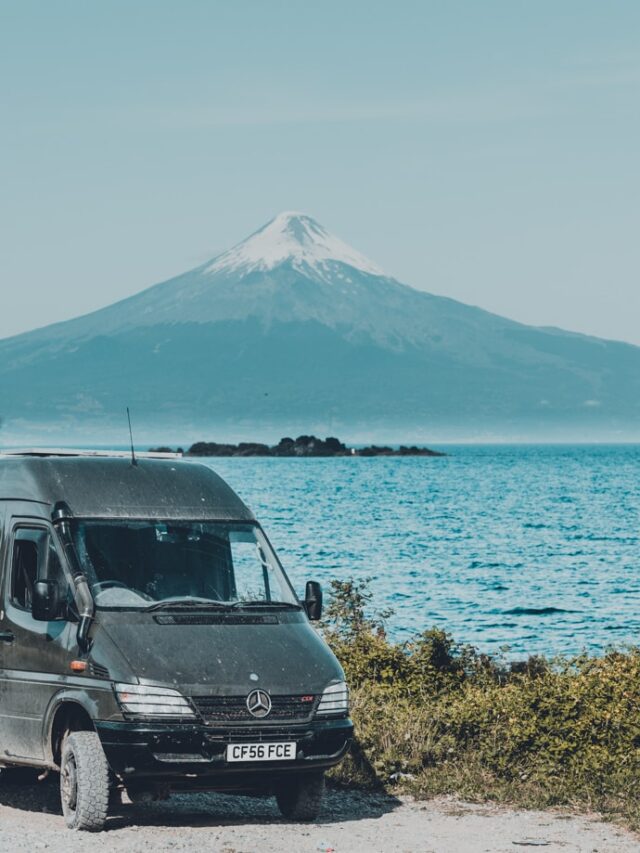
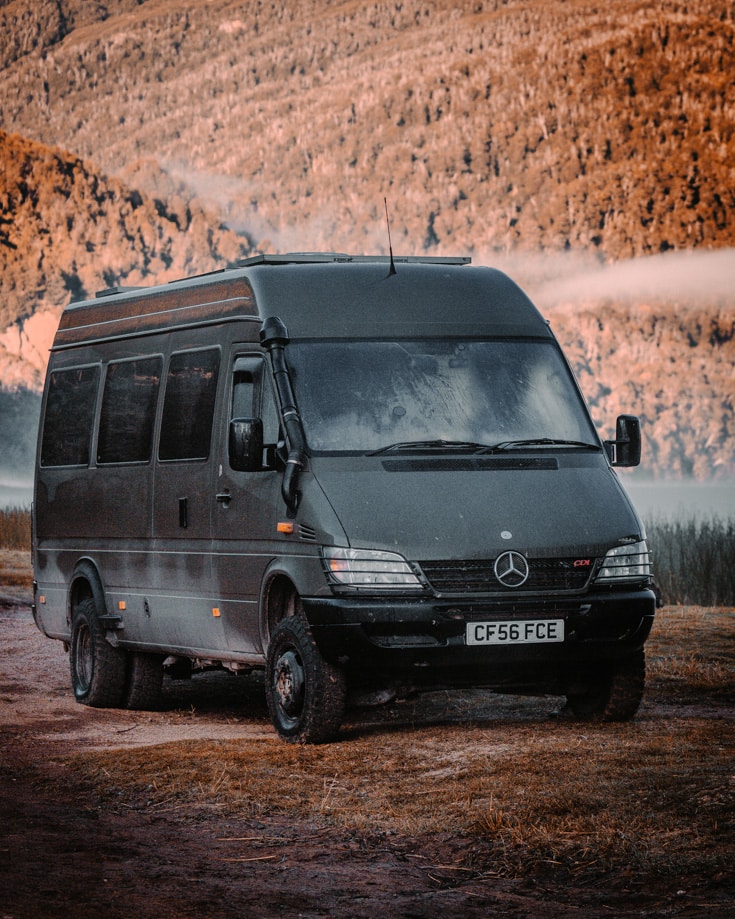
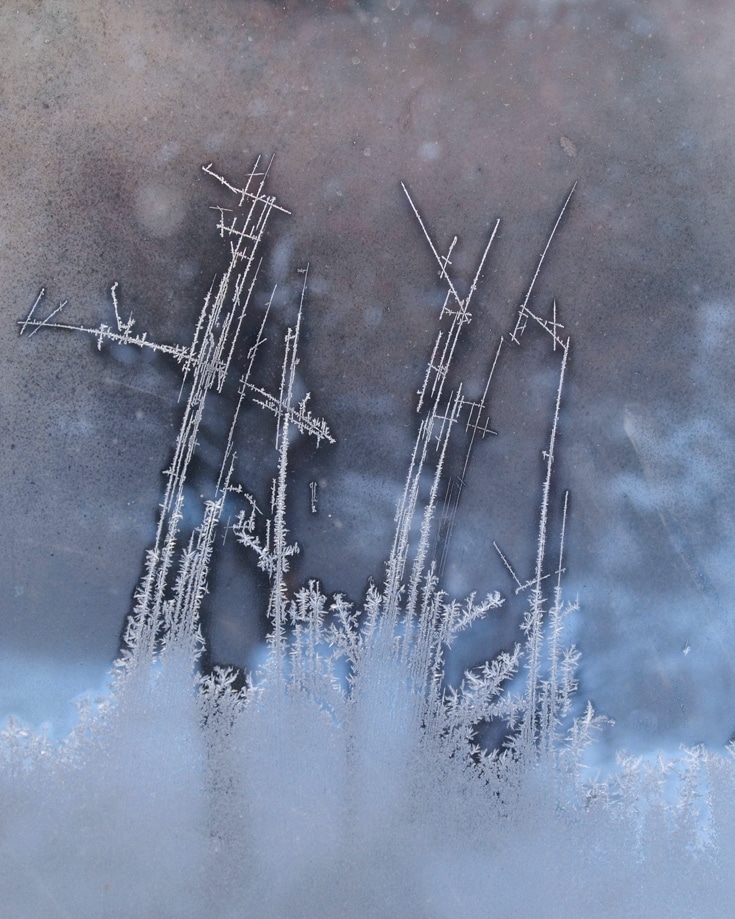

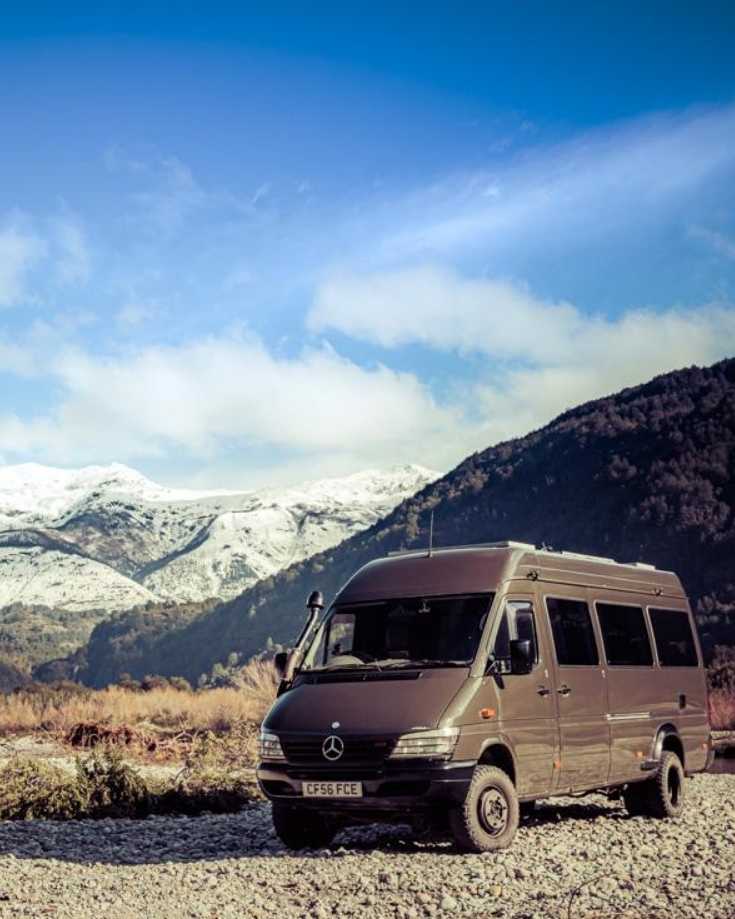

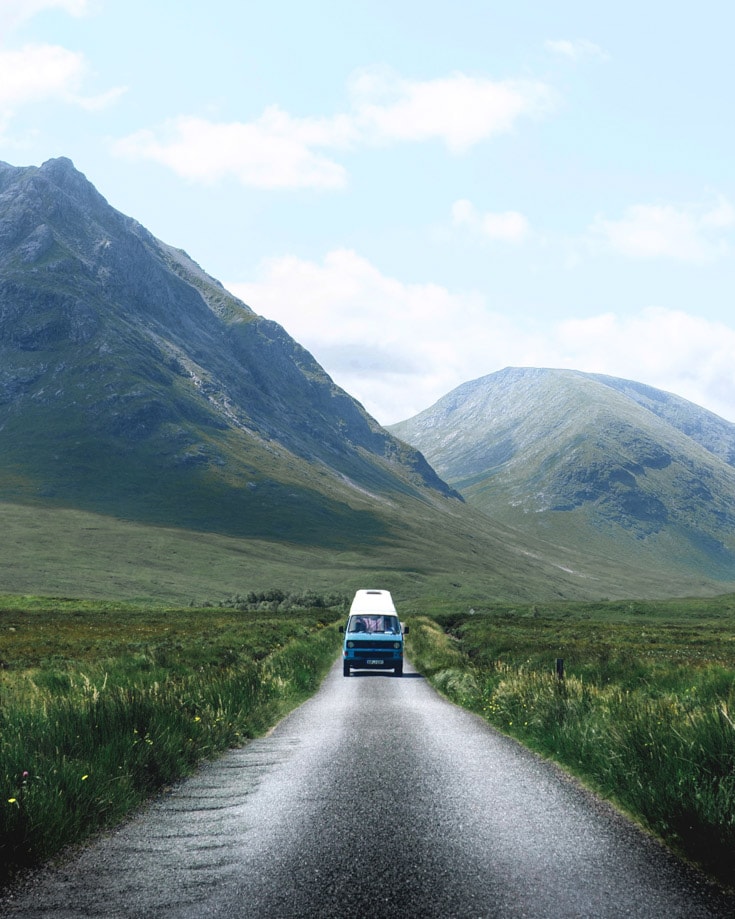
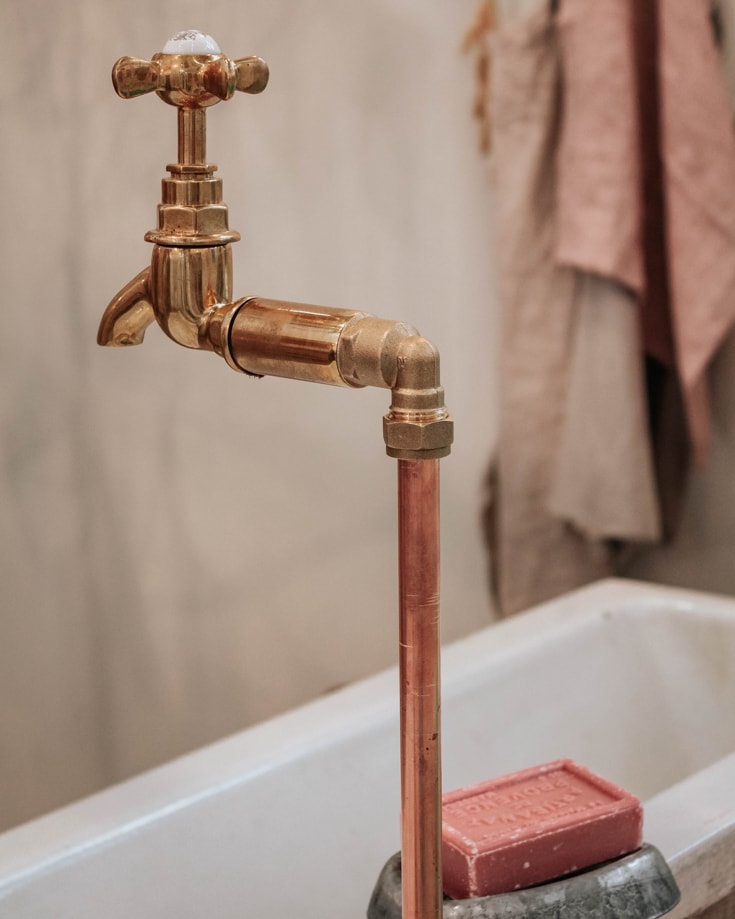

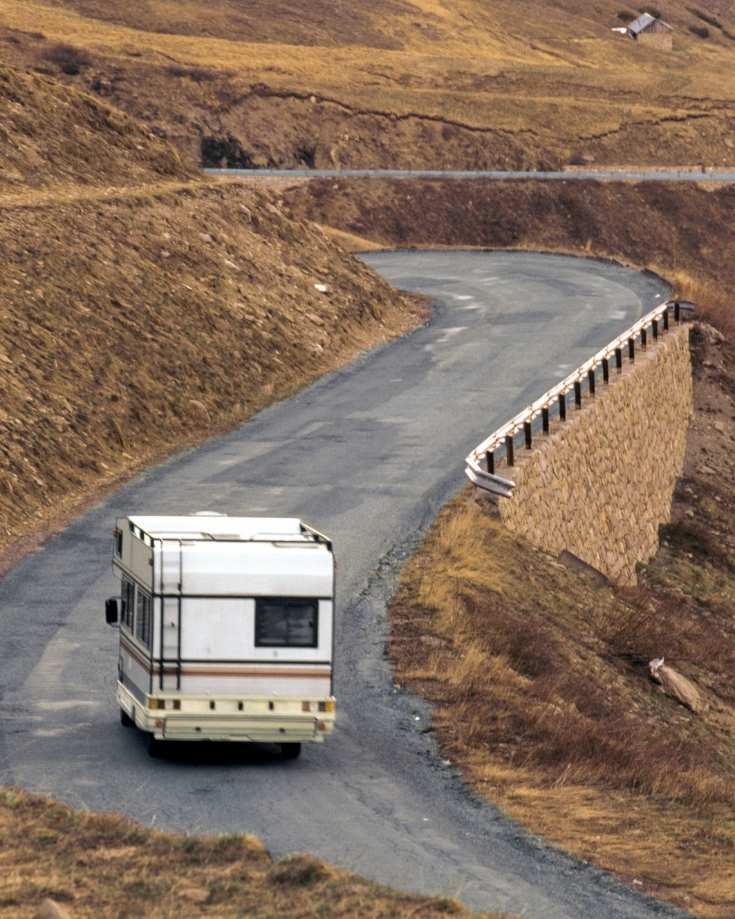
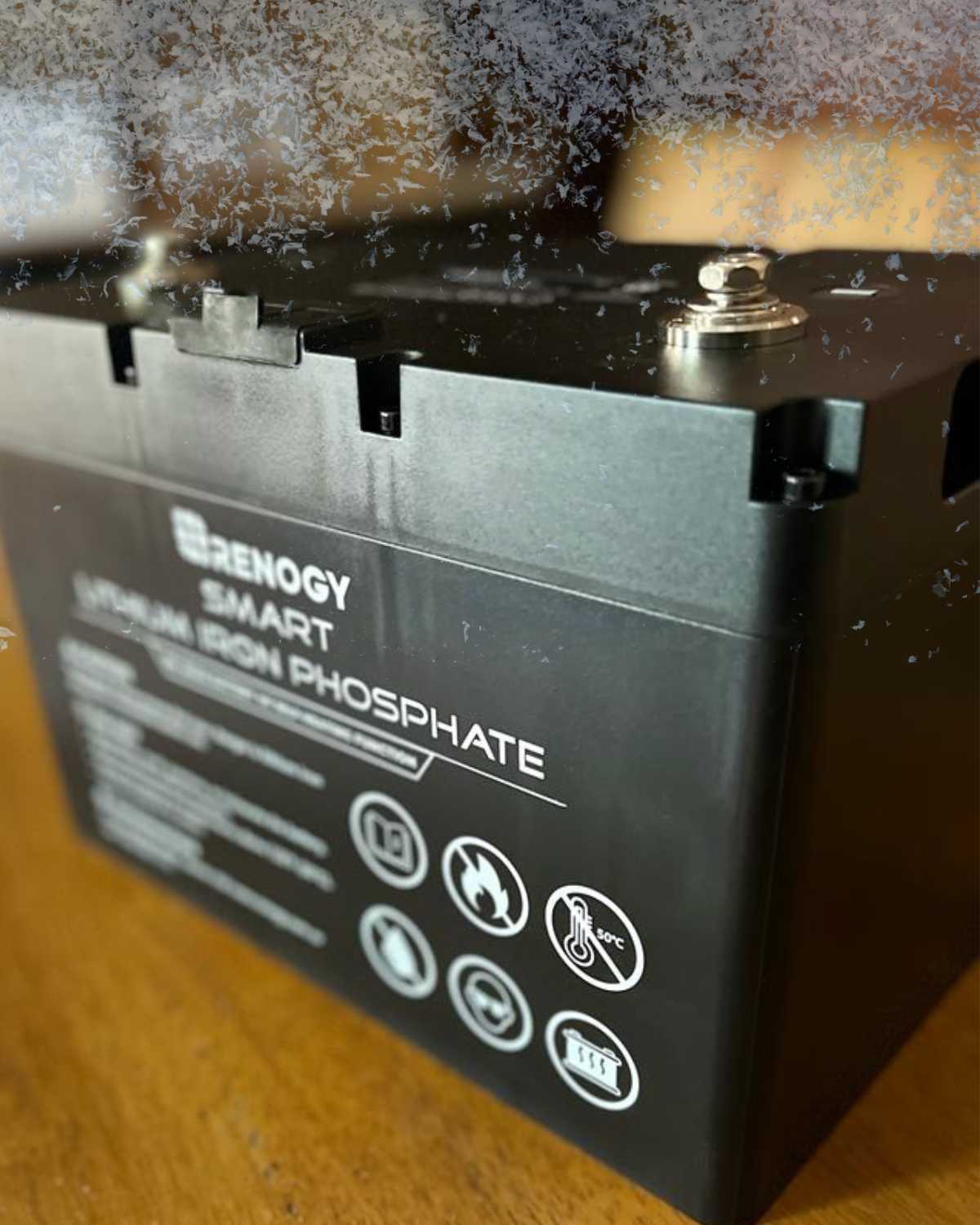
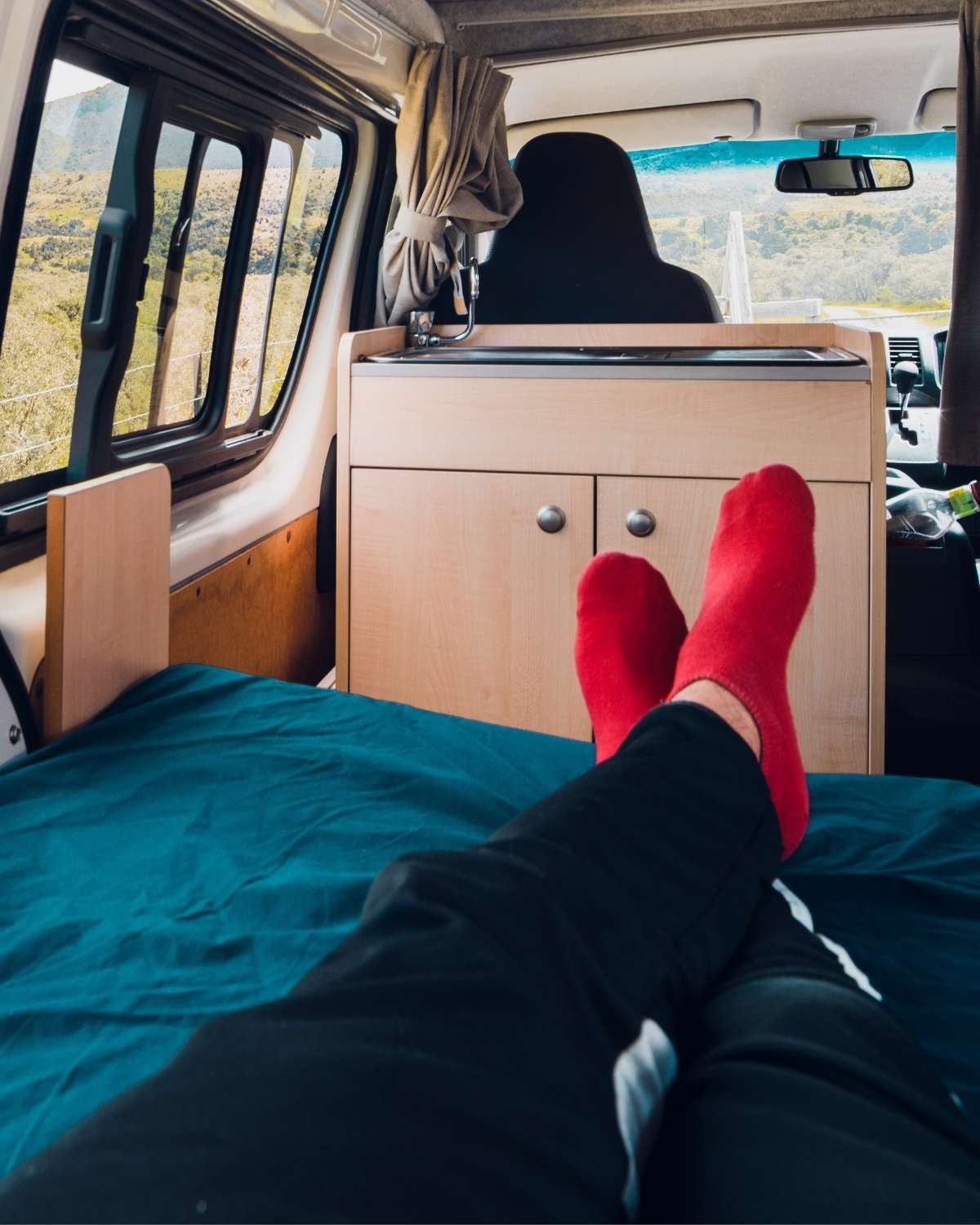

Don’t go…
Great write up. It’s nice to know I reached all of the same conclusions prior to reviewing your your article. Keep up the good work.
@Jonathan, I am in a 20 ft. Nomad bumper puld trailer and what I need to know is, I have 2-250 watt solar panels with 8 25 watt panels on the roof and a 60 amp controller with 3-100aph batt.also with 5 – 32aph all hooked in series ,ok and now I was wondering if I could tie the 60amp solar controller into the trailers original inverter, converter and and do away with the plug that you would plug into a power pole or generator